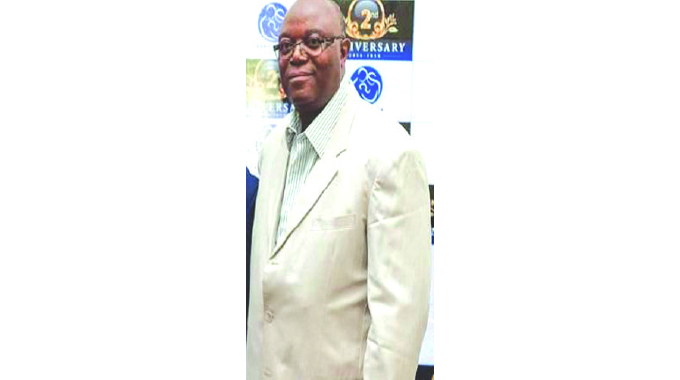Health experts warning over fluctuating weather

Nqobile Tshili, Chronicle Reporter
HEALTH experts have urged members of the public to take note of fluctuating weather conditions that may be associated with certain illnesses and urged the public to drink lots of fluids to avoid heat stroke when its very hot.
In the past week, the country experienced extremely hot conditions but on Saturday and part of Sunday the temperatures significantly dropped in a development which is not normally expected in September.
In a statement, the Meteorological Services Department (MSD) said the fluctuating weather conditions could lead to respiratory illnesses and urged those who use antihistamines, respirators, or inhalers to keep them close.
Zimbabwe Medical Association (Zima) president Dr Francis Chiwora urged members of the public to drink a lot of fluids to keep hydrated when it is very hot.
“Very hot weather is associated with dehydration and members of the public have to take a lot of fluids. Because when they get dehydrated, they can suffer from heat stroke. It (heat) is also associated with sweat problems and windy conditions trigger asthma attacks and flu. But for those without underlying conditions, all they need is to drink a lot of fluids, when I’m saying fluids, I don’t mean alcoholic fluids. I mean water and juices,” said Dr Chiwora.
Bulawayo health services director Dr Edwin Sibanda said fluctuating weather conditions may not be good for public health.
He said excessive heat can lead to heat stroke while drops in temperatures can contribute to respiratory illnesses.
“On health issues, it means that with the changes, people may be caught unprepared and dress the wrong way for a particular weather. For instance, when you are anticipating that it’s going to be hot, suddenly it becomes cold. There are some diseases that spread better during certain weather patterns,” he said.
“We have flue or respiratory illnesses that spread better when it’s cold while other diseases may go up due to dehydration. Heat stroke may occur.”
Dr Sibanda urged members of the public to take note of the weather reports so that they are not affected by the conditions. — @nqotshili








Comments